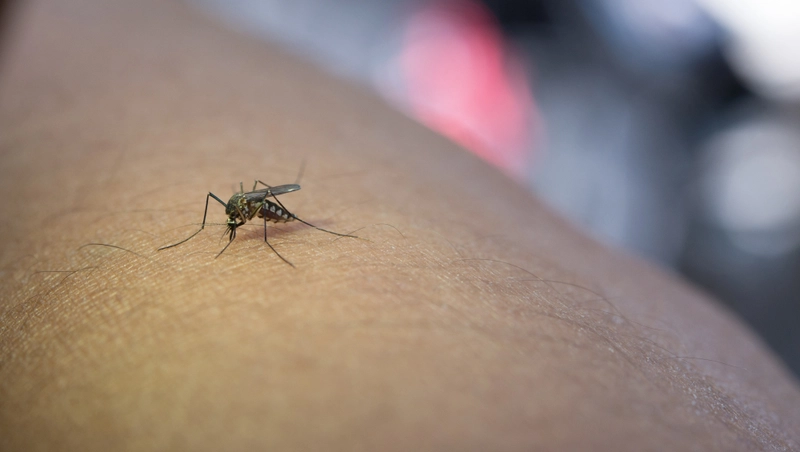- Published on: Aug 07, 2021
- 1 minute read
- By: Infectious Disease Specialist
What Are The Symptoms Of Typhoid?
What are the symptoms of typhoid?
Typhoid is a disease that has an incubation period that can be anywhere from 5 to 28 days. If untreated it will lead to death within a week. Symptoms of typhoid include fever and vomiting with diarrhea or constipation, but the other symptoms are bloodshot eyes, cough, joint pain, headache, loss of appetite, etc.
The symptoms of typhoid are very much like any type of gastroenteritis, so the patient must go for stool tests and get bronchoscopy done to figure out what's exactly going on with their body. It's important not to treat typhoid like ordinary fever because if left completely unchecked this infection could kill somebody in just a matter of few days.
Typhoid is a disease caused by bacteria called Salmonella typhi. Its symptoms include high fever, weakness, intestinal upset, abdominal pain, and Constipation. There are often no other signs or symptoms like rash or spots on the skin. It is not typically dangerous unless it spreads to the bloodstream and causes septicemia (infection of the bloodstream).
Typhoid is transmitted from person to person through contaminated food and water; touching objects with traces of infected feces; drinking after someone who has been sick with typhoid fever (including their pets); kissing a person who has been sick with typhoid fever; being licked by an infected cat or dog scratch can lead to infection.
Poor appetite, tummy pains, excessive thirst, and chills are common symptoms of typhoid fever. Some people will also have a high fever. Those who live in the Southeast Asia area, Africa or Central America are more at risk than those living in Western countries. You can get it by consuming contaminated food or water which has been polluted with slurry from infected humans or animals carrying the disease to others through food chain contamination - human-to-human infection is extremely rare - but this would include raw foods such as salads etc. which provide a haven for bacteria and wild animals.
Diabetes is a hereditary disease. However, it's also dependent on our food and lifestyle choices.
Uncontrolled diabetes can lead to many serious health problems including eye damage, kidney damage, high blood pressure, heart disease -- even amputation of limbs, or permanent neurological defects such as stroke and dementia.
Type 2 diabetes and prediabetes are primarily caused by several factors that you may be able to reduce or reverse - from weight gain and lack of exercise to certain medications and depression. That's why managing your risk for Type 2 requires more than just taking medication but includes making healthy lifestyle changes every day.
Our Services
Request A Callback
Recent Posts
Mosquito-Borne Diseases to Watch Out for in 2025
Jul 16,2025
Lipid Profile Test – Normal Range and Risks
Jul 12,2025
How to Prevent Food Poisoning in Monsoon
Jul 10,2025










